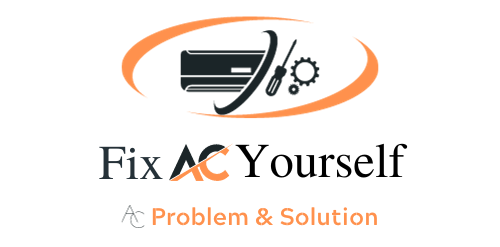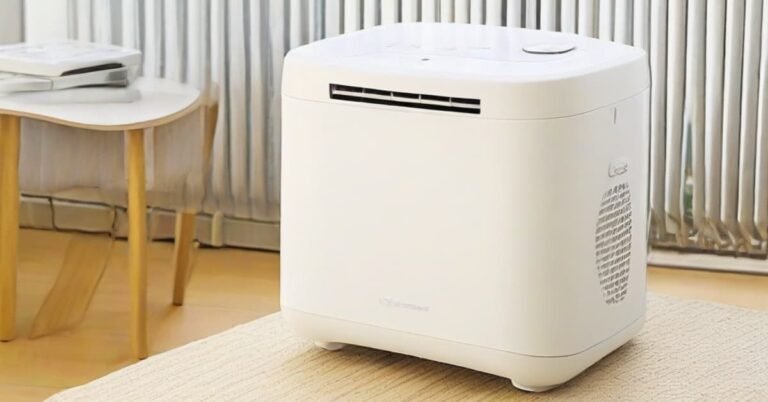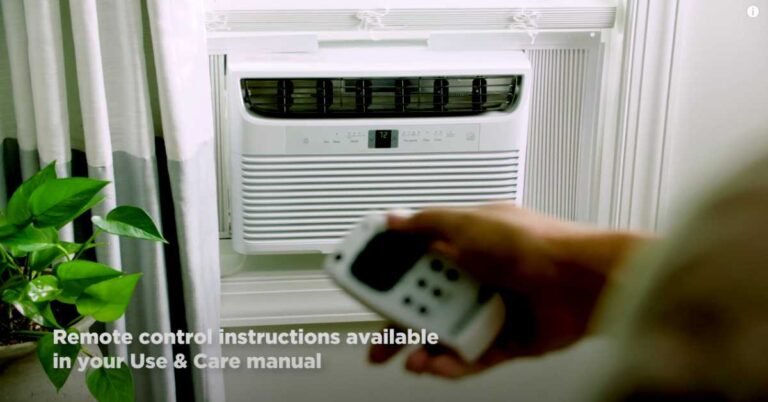Can A Clogged AC Filter Cause AC Not to Work?
A clogged AC filter can indeed prevent the AC from working effectively. Poor airflow from blockages may cause the system to shut down.
Understanding the impact of a clogged AC filter on your air conditioning system is crucial for maintaining a comfortable and healthy home environment. The AC filter plays a significant role in protecting the system from dust and debris that can hamper performance and reduce efficiency.
Neglecting filter maintenance not only compromises the quality of your indoor air but also risks overworking and potentially damaging your AC unit. Regular checks and timely replacement of the filter are essential to keep your AC running smoothly. To optimize your AC’s functionality and longevity, keeping vigilant about filter cleanliness is key.

The Impact Of A Clogged AC Filter
A clogged filter can lead to several issues, some of which may halt the AC’s operation entirely. Let’s explore how reduced airflow and overheating due to a clogged filter can affect your AC system’s performance.
Reduced Airflow
Imagine trying to breathe through a straw. That’s how your AC feels with a clogged filter. Air can’t move freely, and the system struggles to circulate cool air.
- Strained blower fans lead to reduced efficiency.
- Comfort levels drop as cool air fails to spread.
- Energy bills may rise due to increased power usage.
Regular filter changes ensure optimal airflow and keep your AC running smoothly.
Overheating
A clogged filter is a common culprit for an AC unit’s overheating. With airflow blocked, components work harder and may overheat.
| Component | Impact of Overheating |
| Compressor | Increased wear and potential failure. |
| Blower Motor | Reduced lifespan and possible breakdowns. |
Prevent overheating by keeping the filter clean. This simple step could save your AC from unexpected shutdowns.

Common Symptoms Of A Clogged AC Filter
Recognizing the clogged AC filter symptoms early can prevent bigger problems. Let’s find out common signs that your AC filter might be clogged.
Warm Air Blowing
If your AC blows warm air, this might mean a dirty filter. A clogged filter makes it hard for air to flow. This can keep your AC from cooling the air properly. Look for these signs:
- Air feels warm instead of cool when the AC is on.
- Rooms take longer to cool down.
- AC runs longer and works harder.
Unusual Noises
Noises can signal trouble. A blocked filter causes strain on the AC unit. This can lead to odd sounds. Listen for:
- Banging or knocking when the AC starts.
- Whistling sounds during operation.
- Rattling, suggesting loose parts from strain.
Effects Of Neglecting Filter Maintenance
The health of your AC depends a lot on its filter. Think of the filter like the lungs of your machine. If it’s clogged, your AC struggles and may stop working. Regular filter maintenance is crucial.
Compressor Damage
A dirty filter causes big problems for your AC’s compressor. This part pumps coolant and keeps air cold. When filters get clogged, air can’t move freely. The compressor works harder, gets hot, and could break. This is bad news because compressor fixes cost a lot.
Reduced Energy Efficiency
Filters need to stay clean for your AC to use power well. A dirty filter makes the system sluggish. It needs more electricity to cool your home. Your bills go up, and your carbon footprint does too. Filter maintenance saves money and helps the planet.
| AC Component | Impact of Dirty Filter | Consequence |
| Compressor | Increased Strain | Higher Risk of Failure |
| Energy Use | Less Efficient | Grows Power Bills |

Importance Of Regular Filter Replacement
Your AC’s filter is like its guardian, shielding it from dust and debris. Over time, filters get clogged, and neglecting them can spell trouble for your AC unit. Consistent filter changes keep your system running smoothly and your air crisp.
Let’s dive into why this simple step is crucial for your AC’s health and your indoor air quality.
Improved Air Quality
Clean filters contribute to cleaner air at home. Clogged filters can’t trap pollutants, which means more dust, pollen, and allergens in your space. Regular changes ensure that your filter captures these irritants, safeguarding your family’s respiratory health.
- Dust reduction: Less accumulation on surfaces.
- Allergen control: Fewer sneezes and sniffles.
- Odor minimization: Cleaner air smells better, too!
Preventing Ac Breakdowns
A clean filter is non-negotiable for AC health. Clogged filters make your AC work harder, which can lead to breakdowns. Regular replacement prevents unnecessary strain and extends your unit’s life.
| Benefit | Impact on AC Unit |
| Enhanced airflow: | Your AC cools your home more efficiently. |
| Lower energy bills: | A smoother running AC uses less power. |
| Fewer repairs: | Spot issues early and reduce surprise fixes. |
Frequently Asked Questions
How Often Should Ac Filters Be Replaced?
It is recommended to replace AC filters every 1 to 3 months, depending on factors like the type of filter, the frequency of AC usage, and the indoor air quality. Regularly replacing filters can prevent them from getting clogged and ensure optimal AC performance.
Can A Dirty Air Filter Cause AC Not To Cool In A Car?
Yes, a dirty air filter can restrict airflow and diminish your car’s AC cooling efficiency. Regularly replacing the filter can prevent this issue.
Conclusion
A clogged AC filter can indeed disrupt your unit’s functionality. Regular maintenance prevents such issues, ensuring a cool, comfortable home. Don’t let a dirty filter compromise your AC’s efficiency. Embrace timely filter checks for uninterrupted cooling and lower energy bills.
Stay proactive for a well-working AC system.






